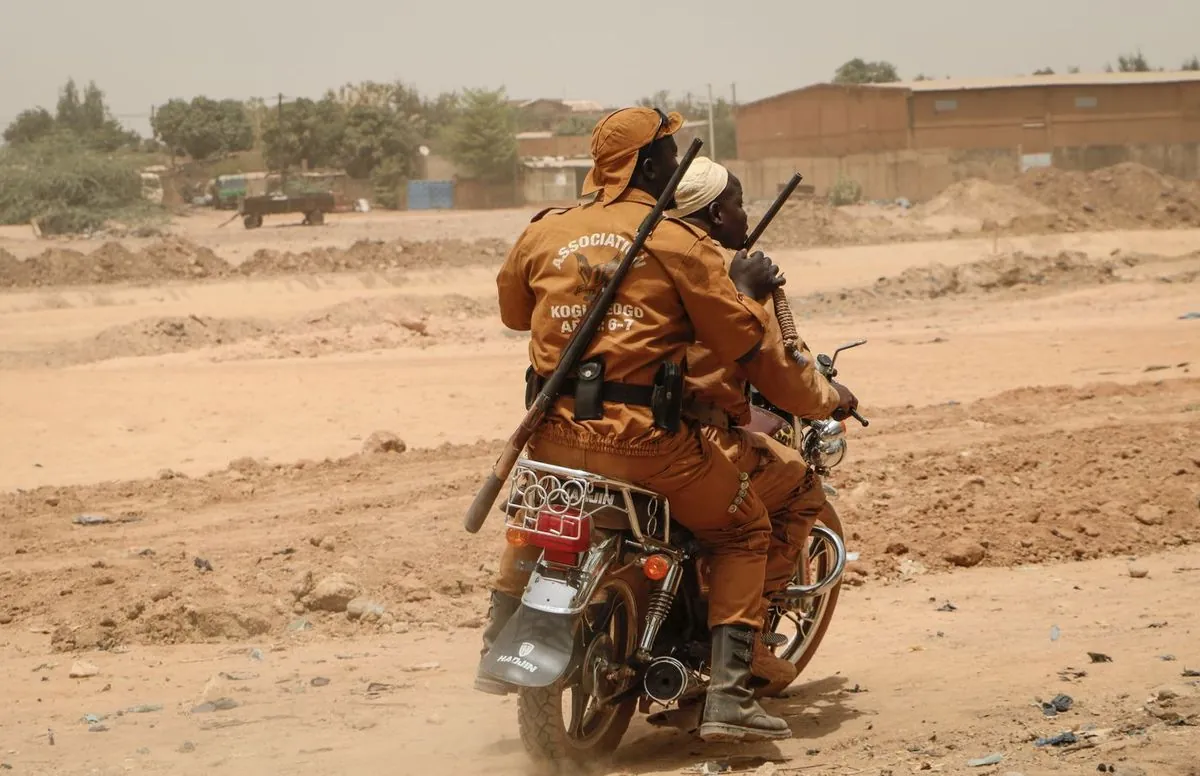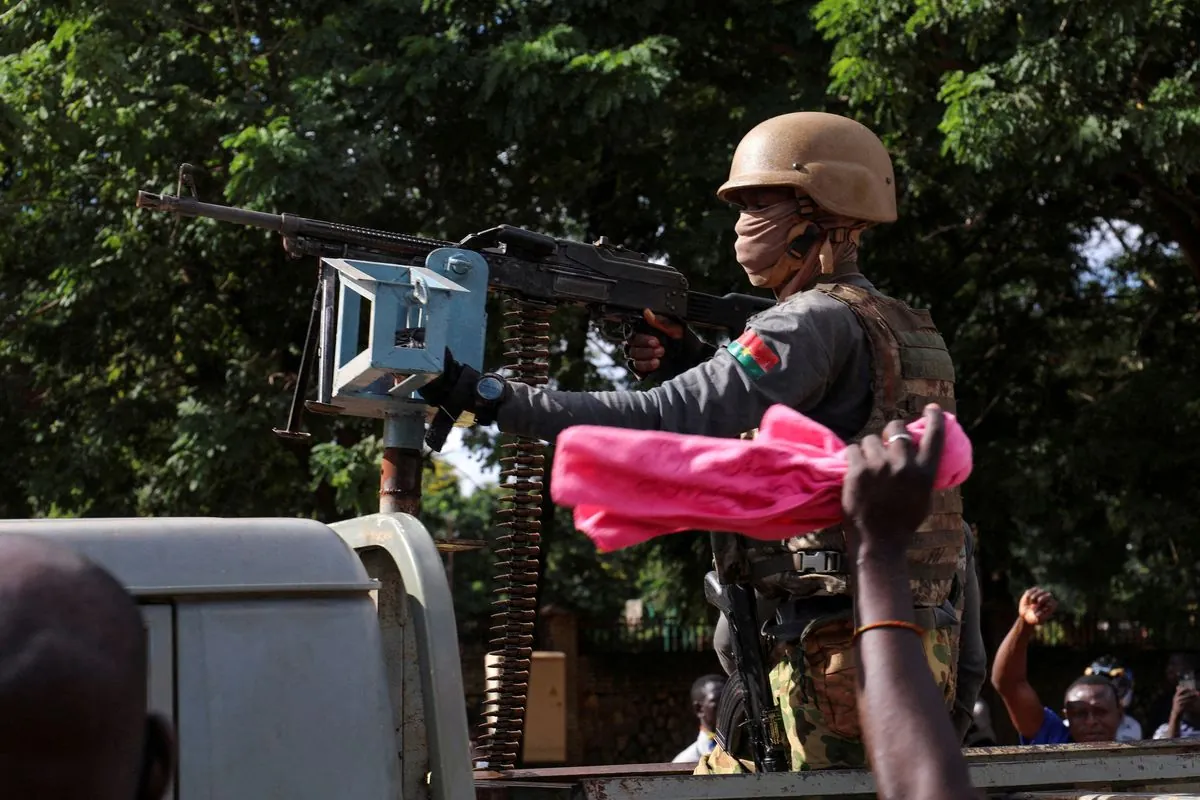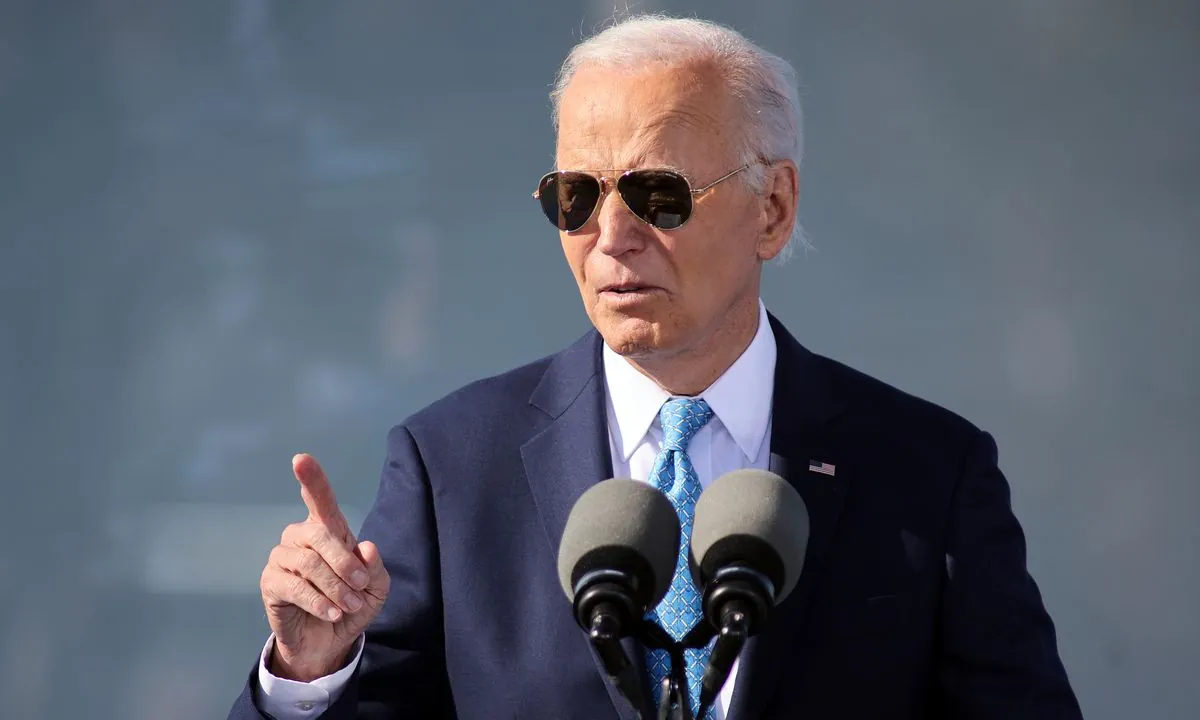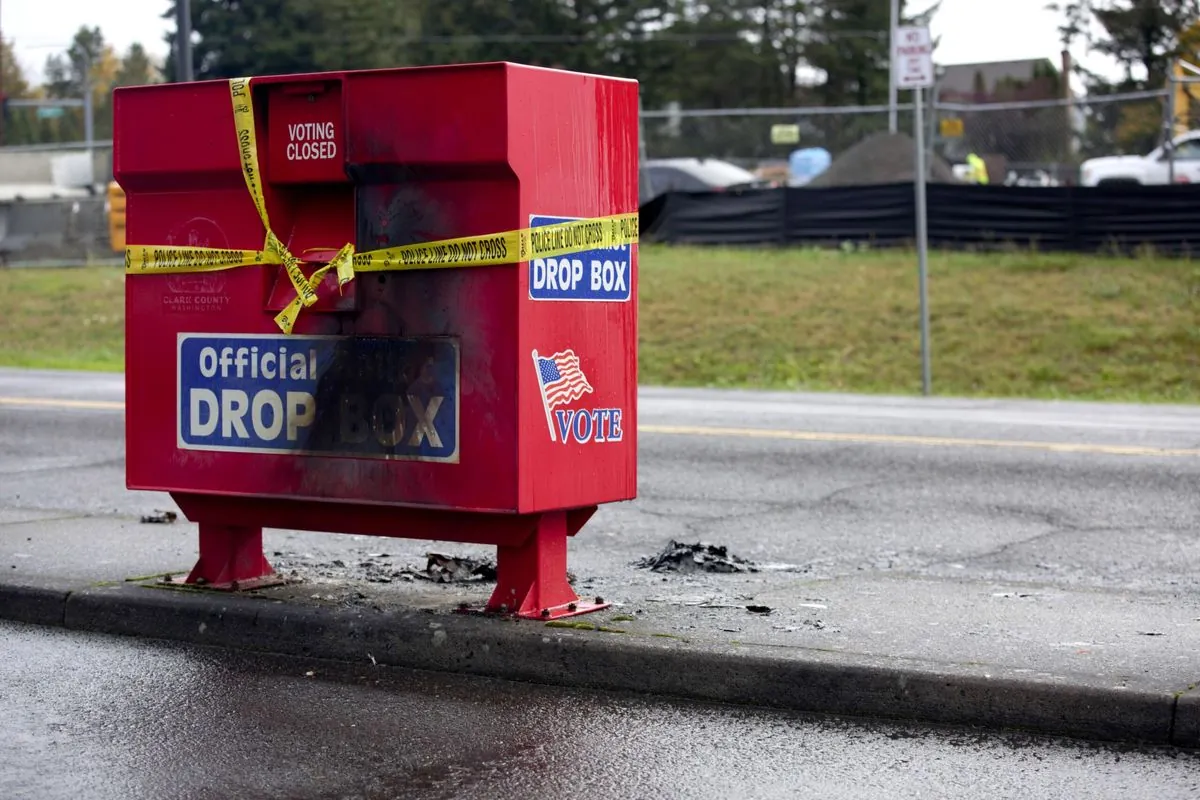Burkina Faso: Jihadist Attacks Escalate Amid Civilian Involvement in Conflict
Jihadist groups in Burkina Faso intensify attacks on civilians, retaliating against those refusing to join or collaborating with government forces. Human Rights Watch reports at least 128 civilian deaths in recent months.

In Burkina Faso, a West African nation grappling with Islamist insurgency for nearly a decade, jihadist groups have intensified their attacks on civilians. Human Rights Watch (HRW) reports that these assaults often serve as retaliation against communities refusing to join insurgent ranks or allegedly collaborating with government troops.
The country, which gained independence from France in 1960 and whose name translates to "Land of Incorruptible People," has been facing significant security challenges as part of the broader Sahel region. Despite its rich gold reserves, Burkina Faso remains one of the world's poorest countries, ranking 182nd out of 189 nations in the UN Human Development Index.
Military leader Ibrahim Traore, who seized power in September 2022 during the country's most recent coup, has been pushing for increased civilian involvement in combating the insurgency. This strategy includes recruiting thousands of volunteer army auxiliaries known as VDPs and requiring civilians to dig defensive trenches.
HRW documented seven jihadist attacks between February and June 2024, resulting in at least 128 civilian deaths. These assaults targeted villages, a displaced people's camp, and worshippers in a Catholic church. The al Qaeda affiliate Jama'a Nusrat ul-Islam wa al-Muslimin (JNIM) claimed responsibility for six of these attacks.

Witnesses reported that JNIM's actions were motivated by perceived collaboration with the army. Some villagers were killed after authorities forced them to return to areas from which jihadists had previously evicted them. A 56-year-old villager told HRW, "We are between a rock and a hard place."
The Islamic State in the Greater Sahara (ISGS), affiliated with ISIS, claimed responsibility for a church massacre in February 2024. Witnesses suggested this attack was retaliation against Christians who refused to abandon their faith, highlighting the religious tensions in a country where Islam is the predominant religion, followed by Christianity and traditional African beliefs.
In August 2024, the justice minister of Burkina Faso responded to HRW's report, rejecting claims of sluggish prosecution of serious crimes and asserting that all alleged human rights violations by insurgents were under investigation. The minister also stated that displaced people had voluntarily returned to areas secured by security forces.
"We vowed to do better than our predecessors when we seized power in September 2022."
Despite Traore's promises, the security situation has further deteriorated under his regime. Analysts, rights groups, and humanitarian workers report increased violence and a crackdown on dissent. This decline in security is particularly concerning for a country with a young population, where the median age is just 17.9 years and the literacy rate stands at approximately 41%.
The escalating violence poses significant challenges for Burkina Faso's development and stability. As a member of the United Nations since 1960 and a participant in several peacekeeping missions in Africa, the country now finds itself struggling to maintain peace within its own borders. The ongoing conflict threatens to exacerbate existing environmental challenges, including desertification and deforestation, further complicating the nation's path to stability and prosperity.


































